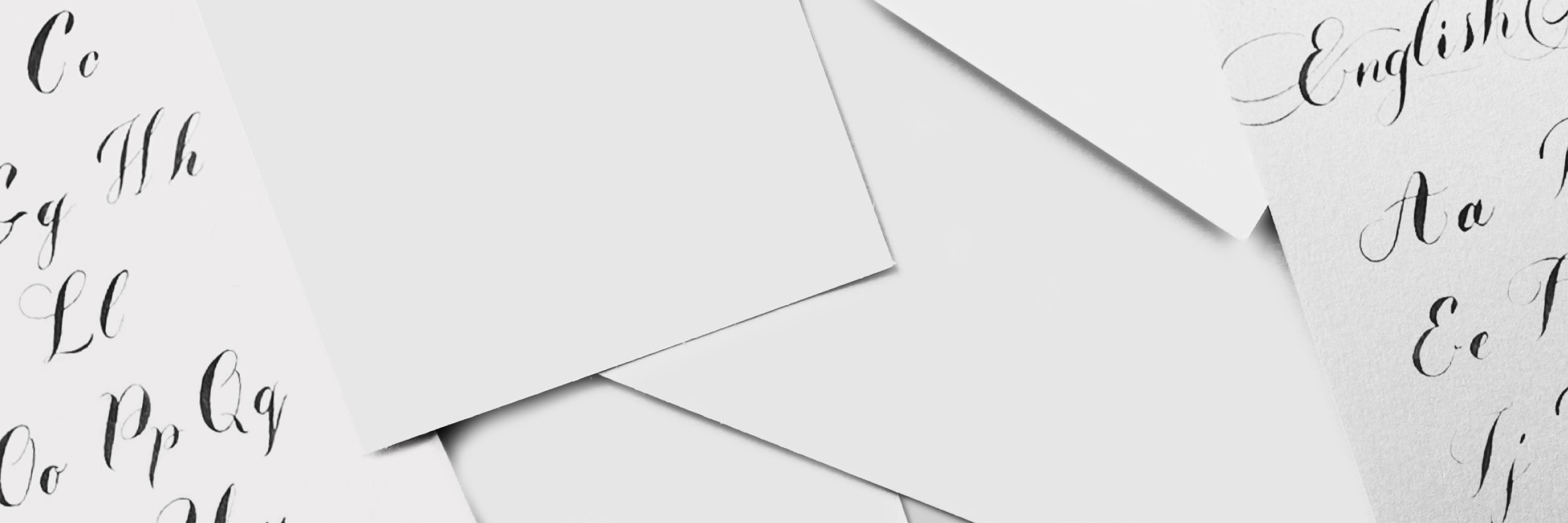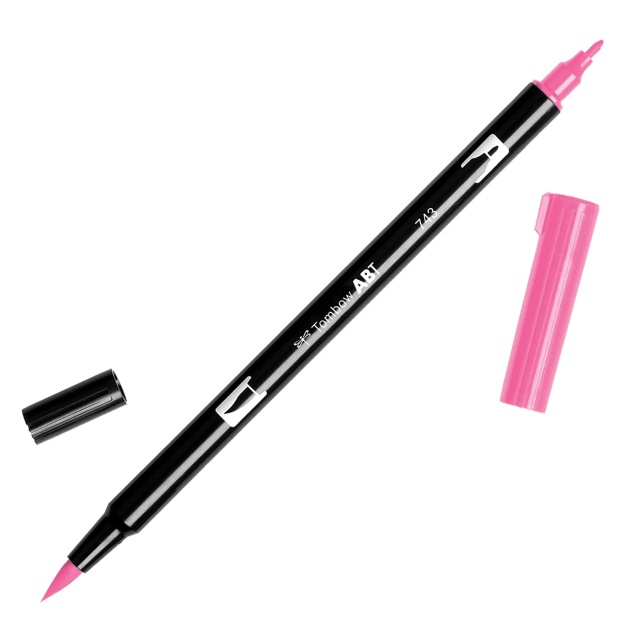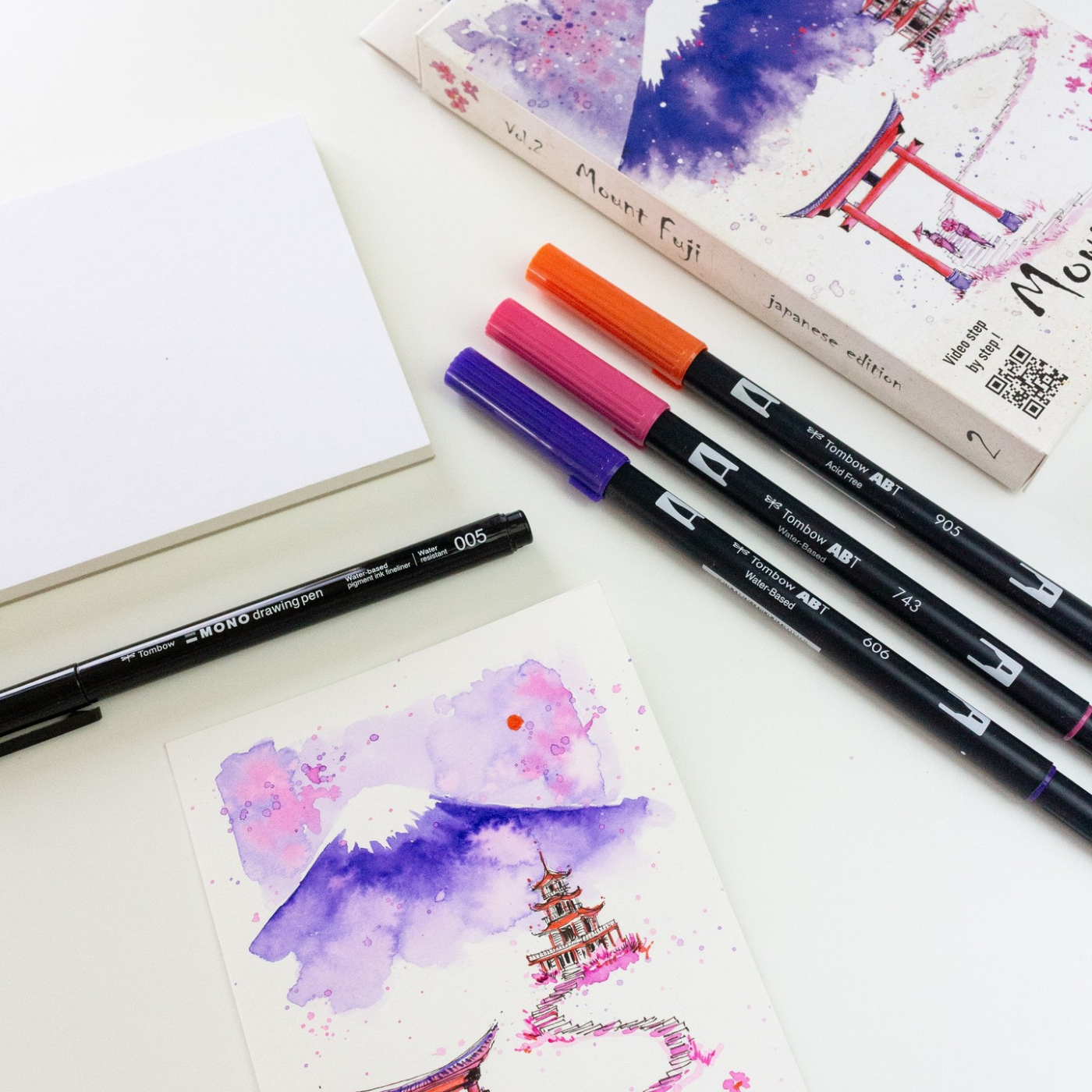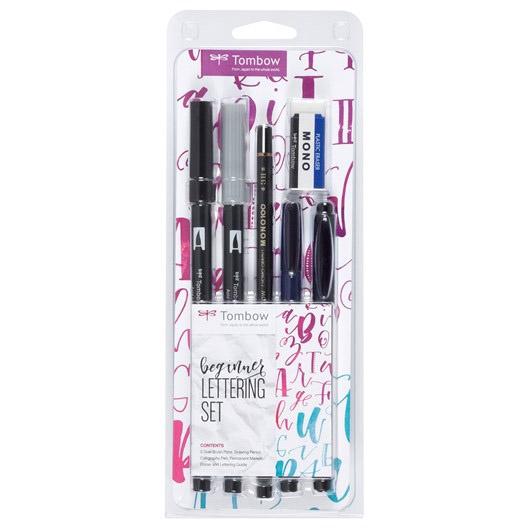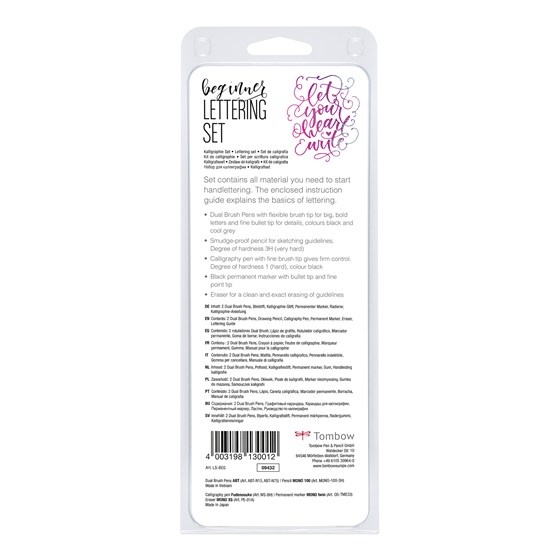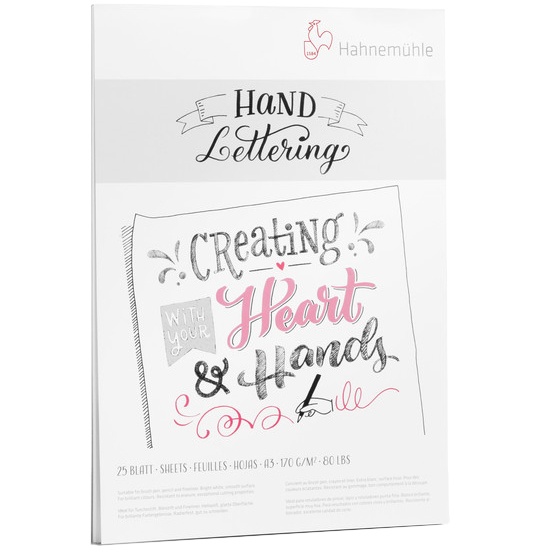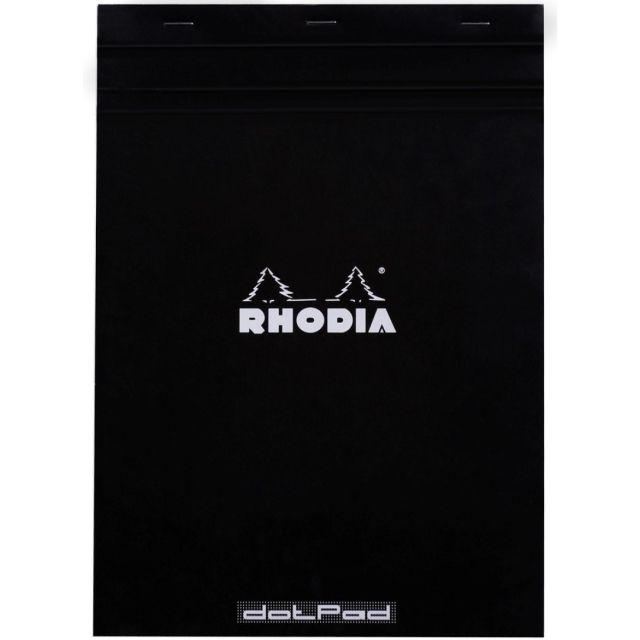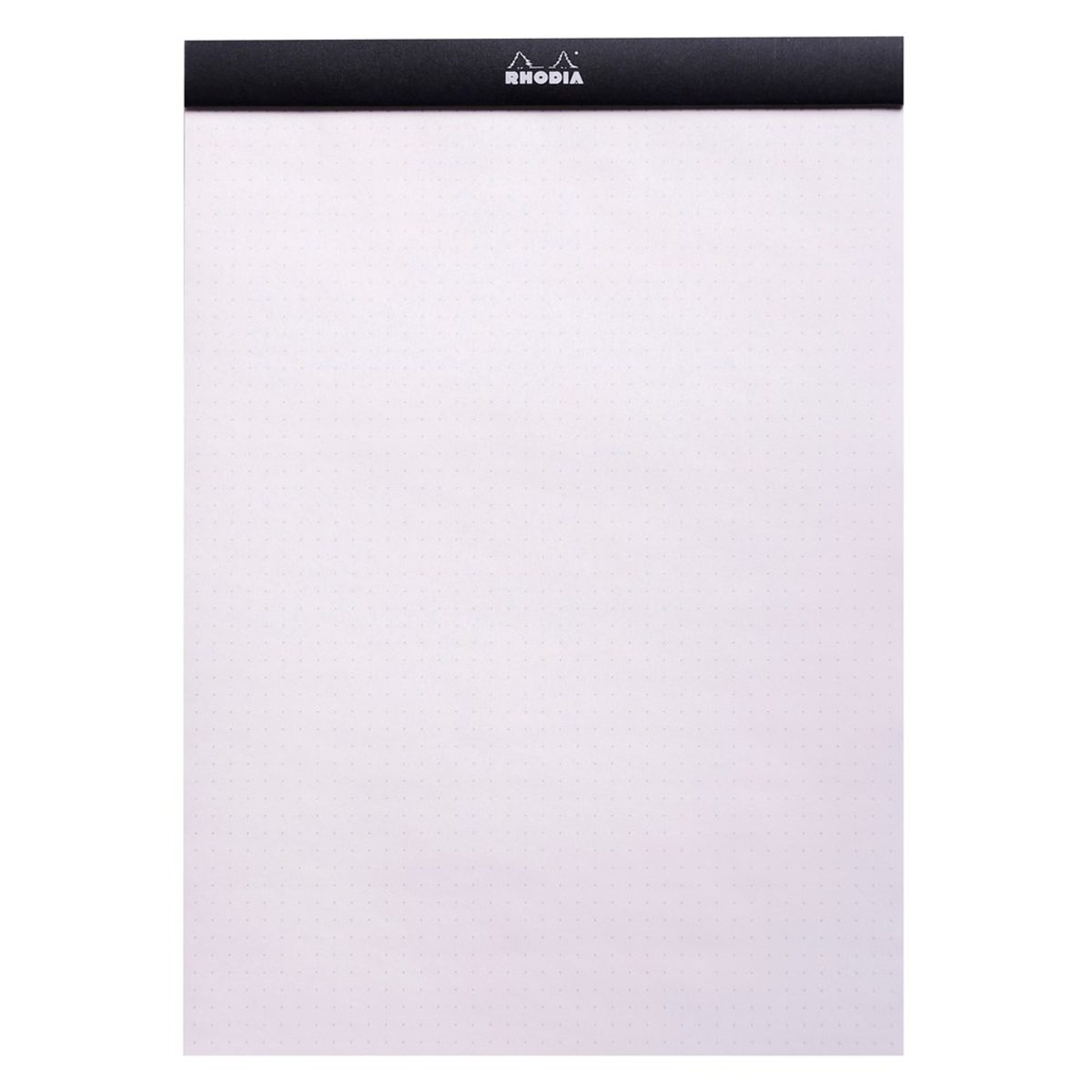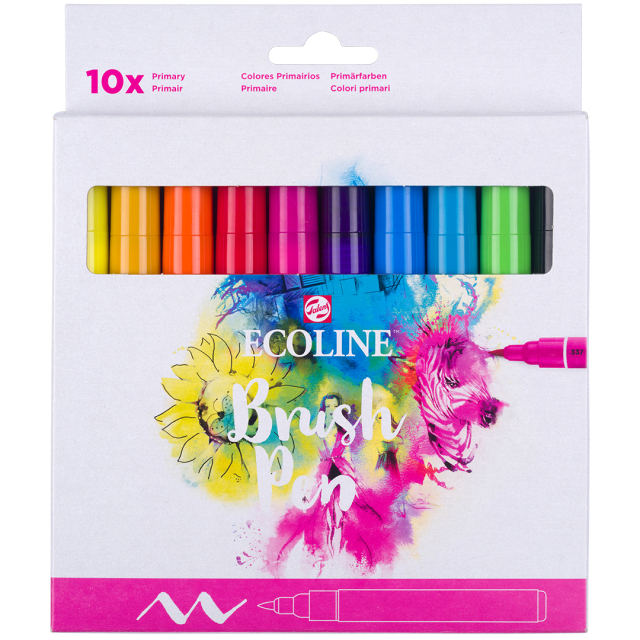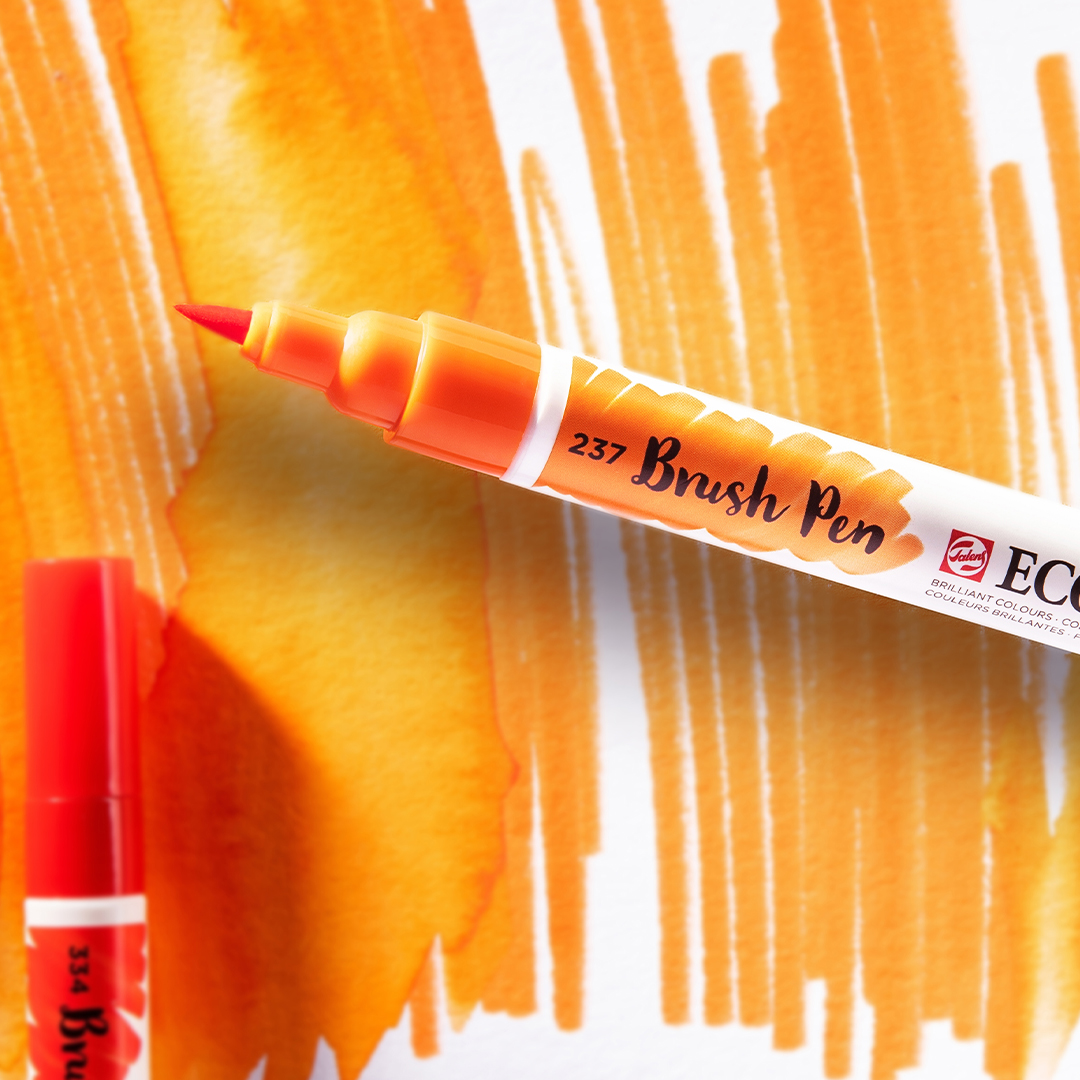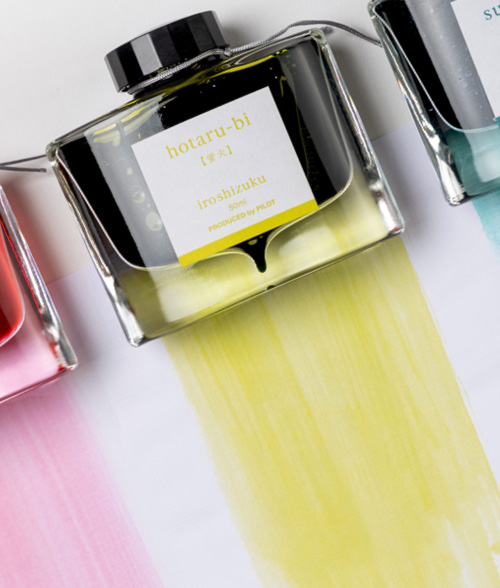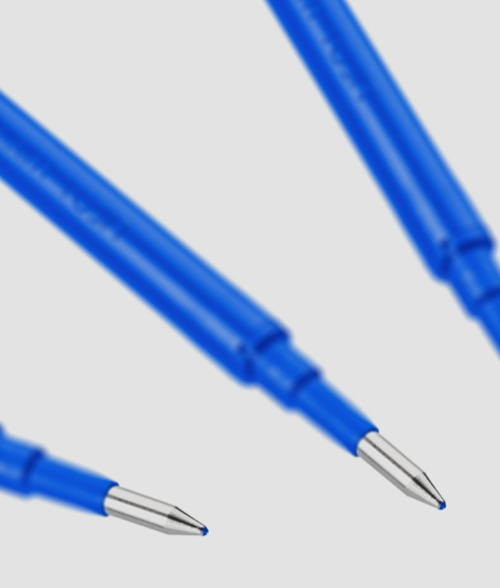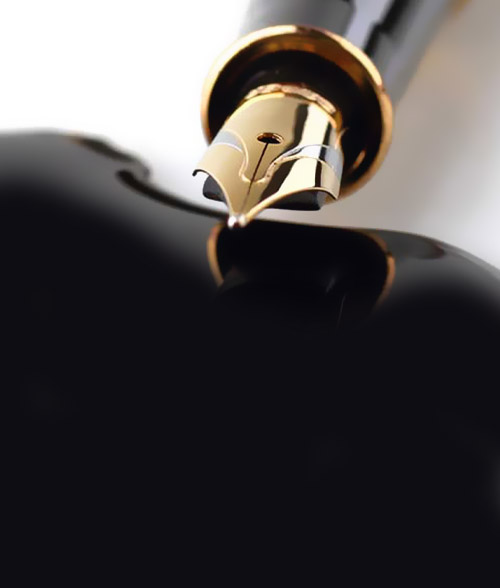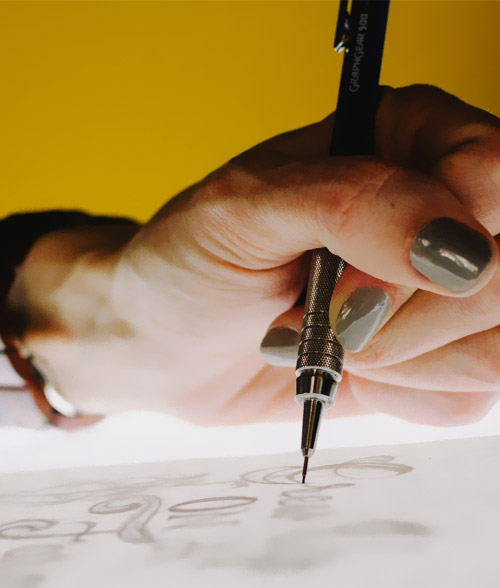Advice from an expert on how to become a master at lettering
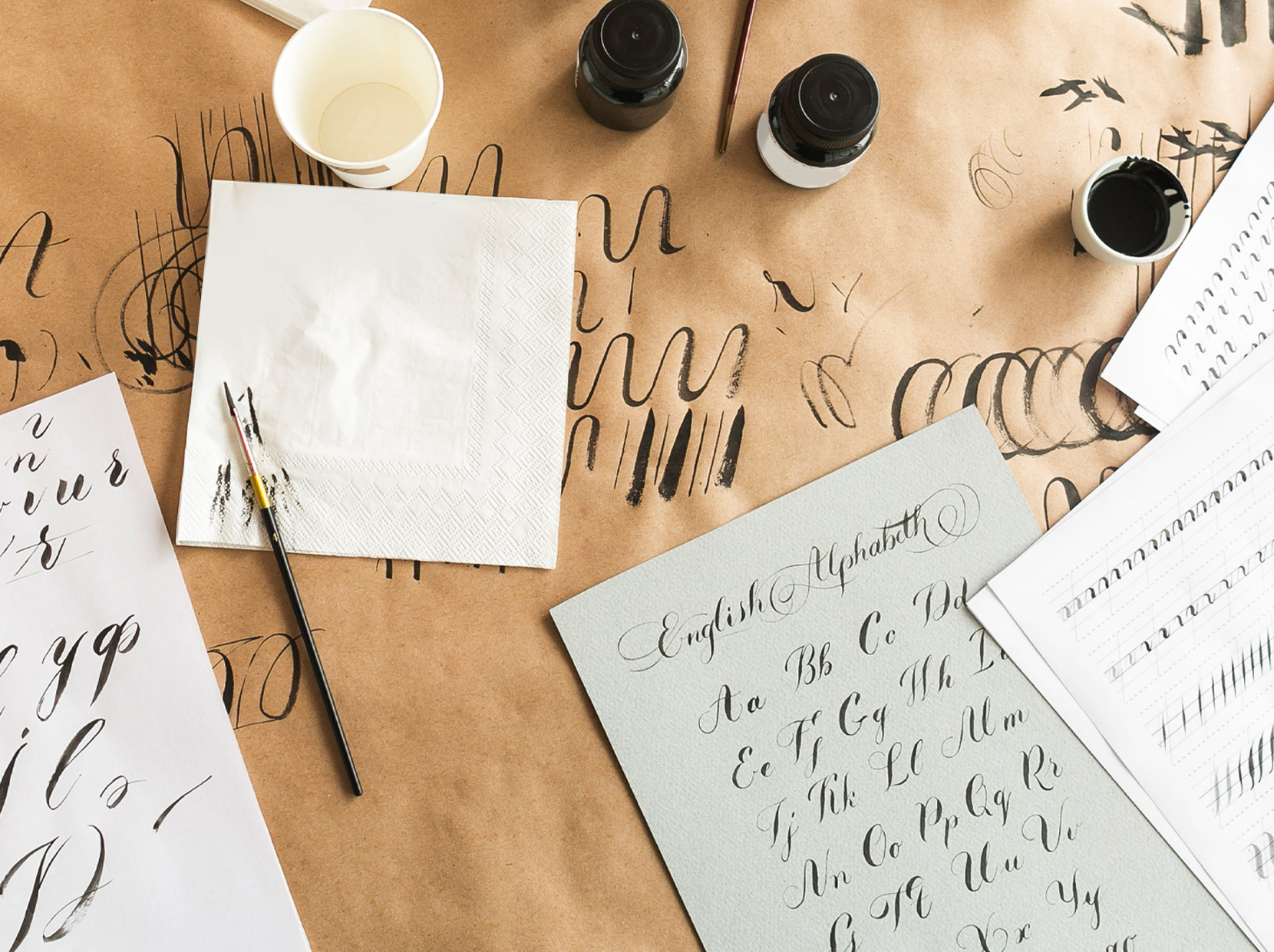
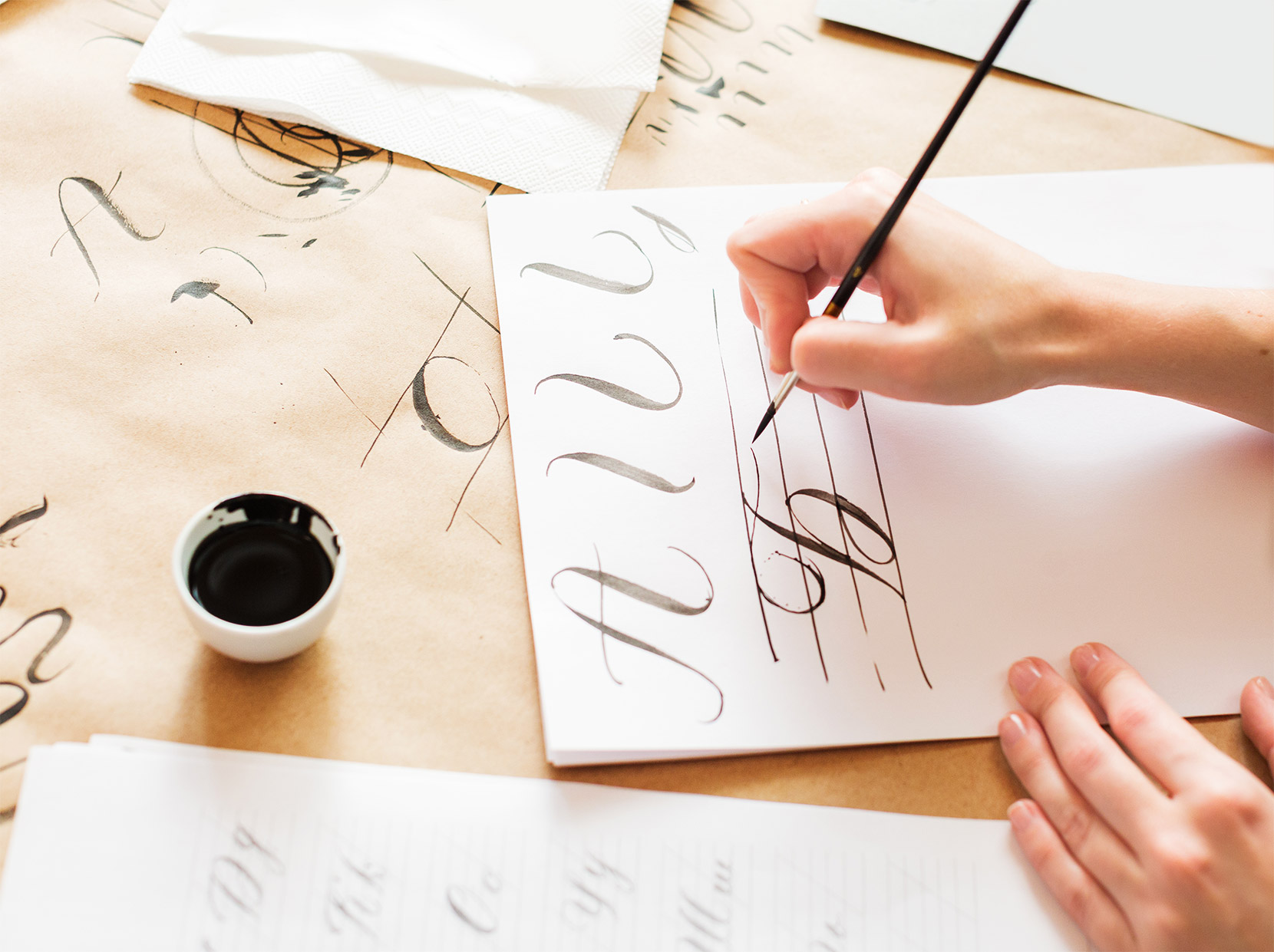
Lettering is the art of drawing letters, something which has become very popular in recent years. Sofie Björkgren-Näse is a professional letter illustrator and teaches courses in lettering. Lettering is very playful and creative. A good start is to simply draw letters, changing their shape and adding details. It’s important to start simple and to take your time. To get started, all you need is a pencil and a piece of paper. Initially this will be more than enough, but if you want to develop your skills further, you can get different types of pencils and pens to add some more variety and expression to your lettering. Practice makes perfect – that's Sofie's top tip. To become good at lettering, you don't need to spend several hours a day practising: 5–10 minutes may be enough. It's important to keep going. You don't have to write long sentences every time, as that can be quite time consuming. Instead, choose a single letter and draw it in as many different ways as you can. The more you draw, the more ways you will come up with.
If you could choose three pens, what would they be?
Then I would choose a pencil, a fine felt-tip pen that doesn't bleed through the paper, and a brush pen, which is a pen with a brush that creates a dynamic look. This would be a great start! The pen pressure is important. Through something as simple as changing your pen pressure, you can create fantastic shapes for any one letter!
What about the paper?
My main suggestion is to start simple, you can get very far with regular copy paper. But a favorite of mine is the Rhodia DotPad. It is a dotted paper that makes it easier to follow line compositions when drawing. With checkered paper, the lines can be a distraction and that's something you avoid when using a dotted paper. The paper quality of Rhodia is also very good and it’s comfortable to draw on.
Do you have any concluding suggestions?
Look at others and be inspired by them. You don't have to imitate them, but looking at the lettering of others is a great way to find inspiration and develop your own skills further.
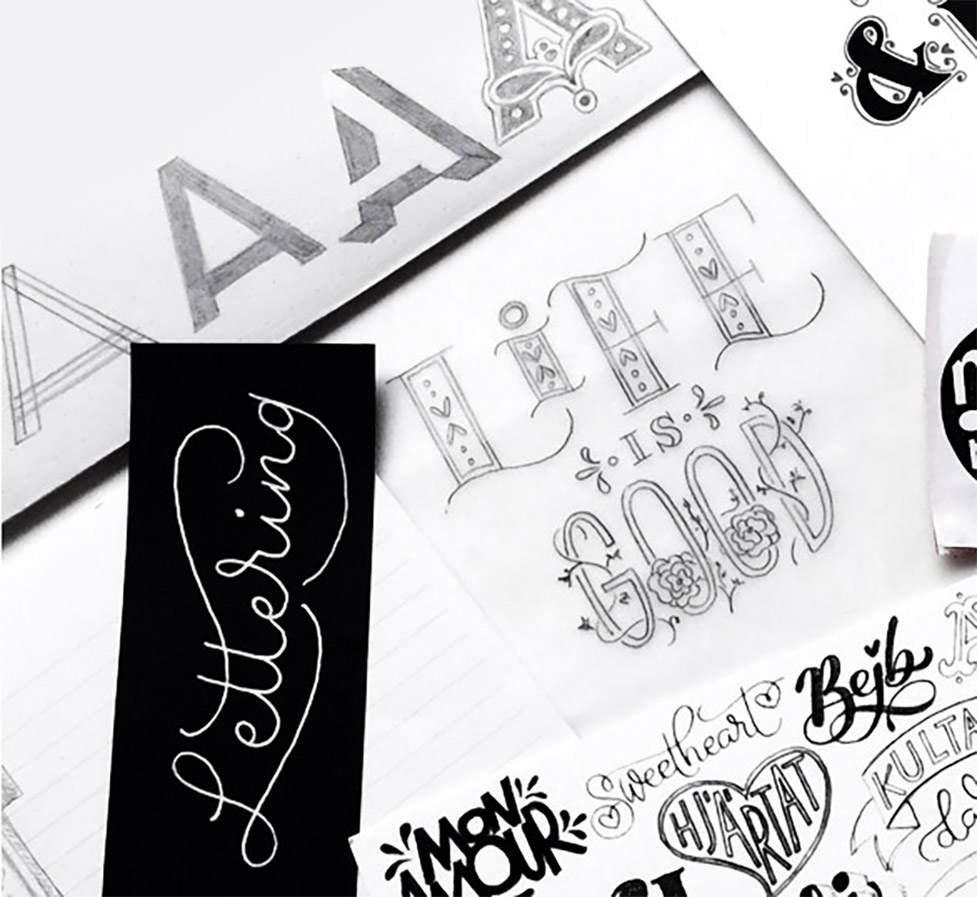
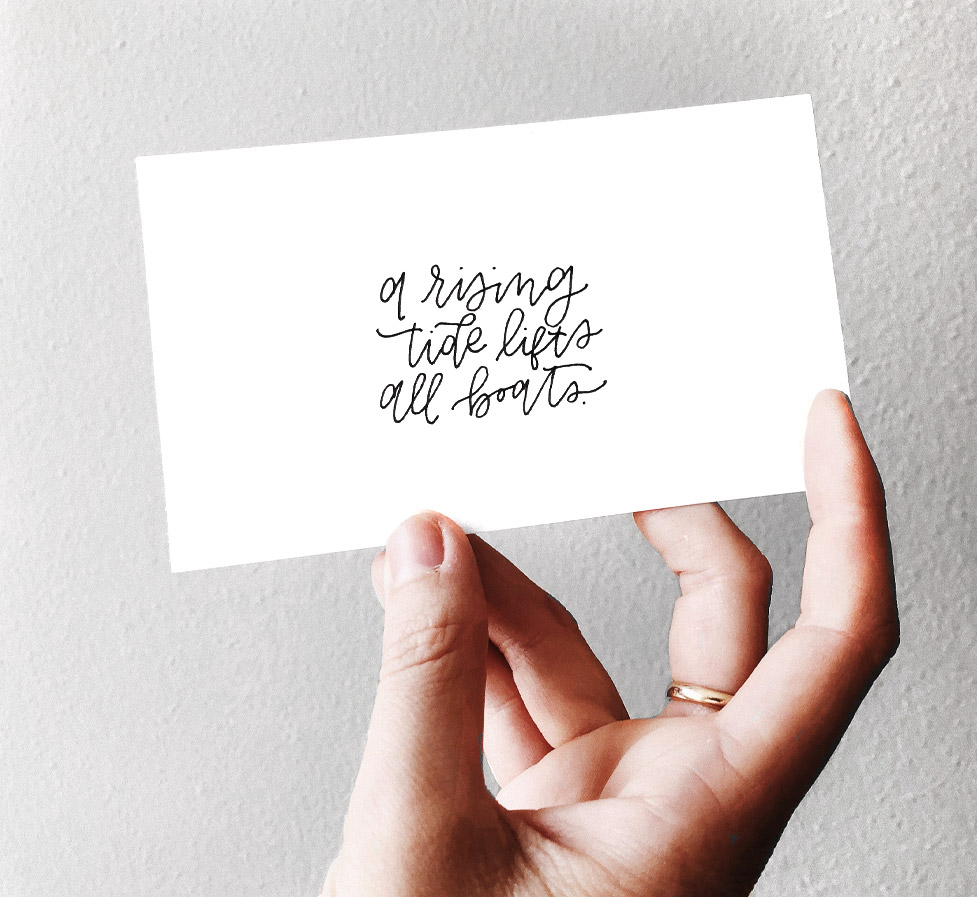
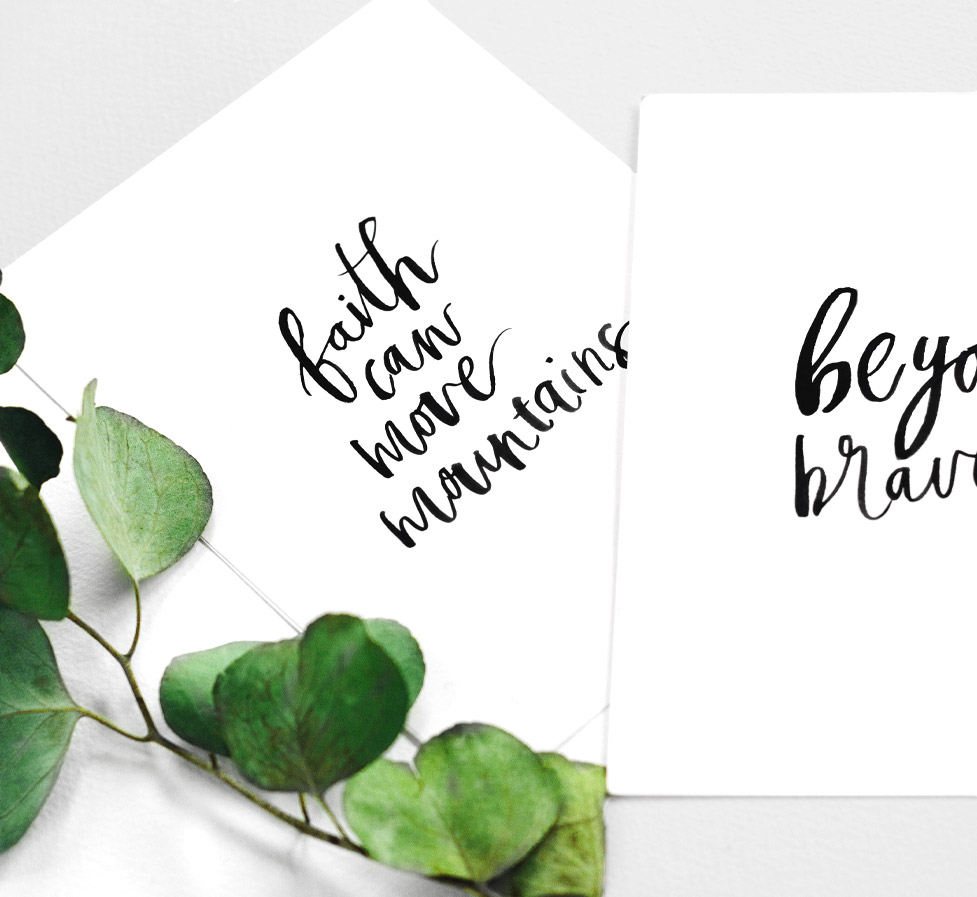
 Ireland (EUR)
Ireland (EUR)